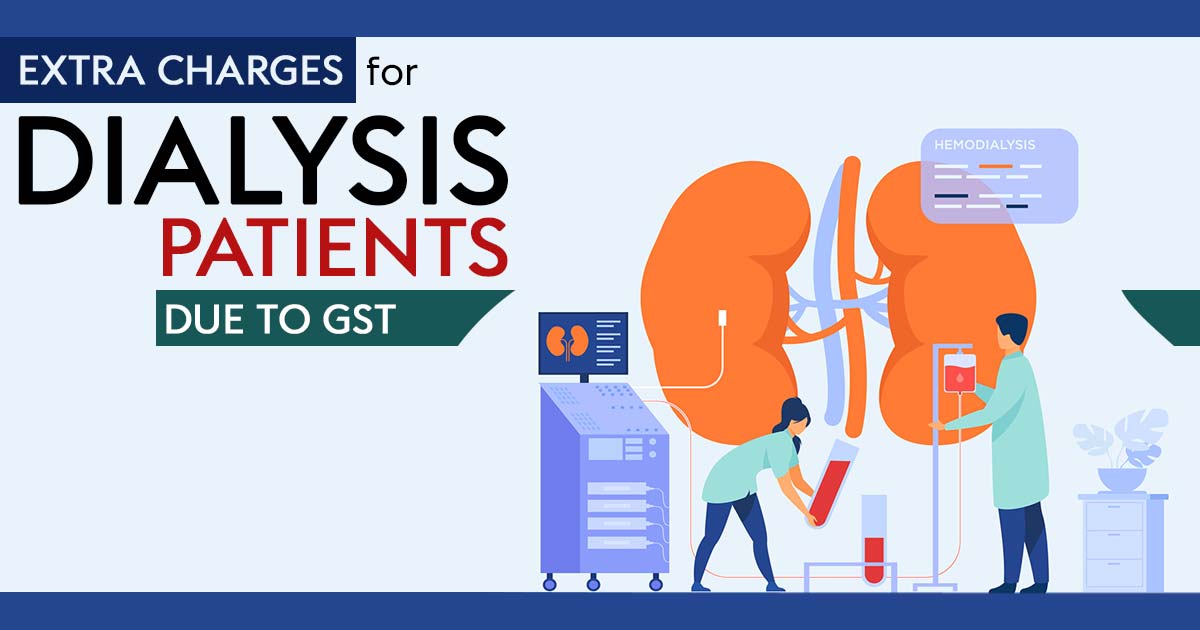
In the human body, the kidney is the most crucial part. The body functions to get rid of toxins and waste products due to the Kidneys which act as a filtration system, it confirms that the needed fluid levels would get maintained for the smoother operation of the body’s organs. Hence it is known that when the Kidney stops working then it rendered a dangerous sign for your body. If the kidneys fail then an individual is needed to go either for transplantation or dialysis for staying alive.
In India every year there are more than 2,00,000 people who are suffering would get added to the pool of patients who is in need of dialysis. All over the world, patients suffering from End Stage Renal Disease (ESRD) have been rising demand for Dialysis services. In the year 2020, the number of ESRD patients has increased to nearly 1.3 million alone in India and would be at an increasing pace. There is a lack of dialysis access as there are only 10% of CKD patients who had been provided with dialysis services in India successfully, it is because of the two aspects of unavailability and unaffordability.
Read Also: GST Impact on Healthcare Industry in India
The process of kidney dialysis would be a lifesaving process but it is quite long. 13 sessions in a month is mandatory for patients who are on dialysis till he/she gets a transplant. The same directed that the dialysis treatment could be operated on for various months and might be for years. The average dialysis rate per session would cost nearly Rs 1500 to Rs 3000 in India which means that for a month it could be around Rs 15000 to Rs 40000 per month which might disrupt the monthly budget of even a middle-class family.
At the current time, dialysis services would get exempted from GST however the service operators are obligated to furnish the GST on their input costs. The same operation consists of GST on dialysis machines, consumables, rent, and others. As there is no GST refund on input costs these costs would get passed to the patients. In the recent central budget, the cost of the items like dialyzers, etc has surged in import duties and the same situation has been increasing. Any rise in the input costs would be directly passed to the customer.
A solution for the essential nature of dialysis services for survival is required. The same is essential to motivate make-in-India goods for dialysis to draw down the dialysis cost, it is indeed needed to confirm that the patient who pays will get an advantage directly. If the input cost of service dialysis gets lower it would be beneficial for the complete cycle or the dialysis service operators to be permitted to claim a GST input refund similar to other industries like exporters. It rendered that the input costs of some of the items will get reduced and the same would provide an advantage to the patients.








